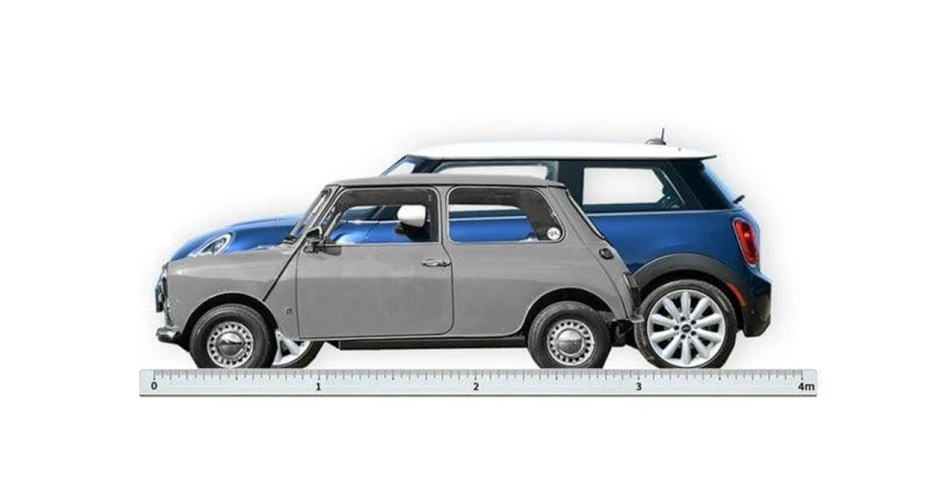New research by Aviva Insurance in UK reveals that more than a quarter of garage owners (28%) hardly ever park their car in their garage amid concerns about car size and parking.
Although more than a third (38%) of UK drivers have access to a garage, 42% prefer to park on their driveway. More than a fifth (21%) say their garages are difficult to park in, and 16% believe their car is too big, which could in part explain why two thirds (66%) use their garage primarily for storage instead.
Separate Aviva analysis found that the average car size has increased by 22% over the past 20 years. This trend could possibly influence future vehicle choices, with a third (33%) of drivers stating that they would be discouraged from buying a larger vehicle.
The research also reveals that some drivers struggle to park more generally, with over a third (34%) attributing this to a lack of confidence. A further 29% feel pressured by other drivers, and 23% say past parking mistakes have impacted their ability. The findings also suggest a growing dependence on technology to assist them with parking, with one in six (16%) blaming the absence of parking sensors or rear cameras in their car for their difficulties.
According to the data, drivers are most likely to drive into:
A wall (16%)
A bollard or lamp post (both 11%)
A parked vehicle (10%)
A fence or bush/plants (both 9%)
A garage (8%)
In almost half of cases damage was cosmetic (49%). However, such incidents have also led to damaged bumpers (39%), damaged headlights (17%) and knocked wing mirrors (15%).
Supporting the view that bigger cars may be more difficult to park, four in 10 (41%) misjudged the distance, and 23% thought the area they were trying to squeeze into was too small. A further one in 10 (11%) said they were still adjusting to their new car and its size.
The research also reveals that parallel parking is the most difficult parking manoeuvre, with a fifth of drivers (20%) saying they struggle with this.
Despite bumps and scrapes accounting for 8% of all claims in 2024, the research found that more than a third (37%) of drivers did not report this to anyone, which is a condition under most insurance policies and in some instances, a legal requirement.
The research was conducted by Censuswide, among a sample of 1,344 car drivers.
 The original MINI size compared to newer models.
The original MINI size compared to newer models.